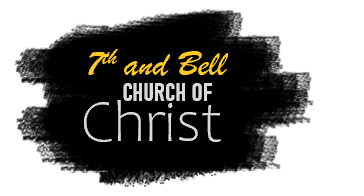
What was the World’s First Language?
The first language, the language of Adam and Eve, has been lost, with no hope of rediscovery. While it is clear from the book of Genesis that Adam and Eve and their descendants had a spoken language, we have no idea what language it was, or how long it survived. From the creation of man to the universal flood was 1,565 years. A lot can happen in 1,500 years, and if more recent history is an indication, the original language likely evolved over time into different languages. But if there were any documentation of the first language, it would have been destroyed by the flood. But after the flood, there was only one family left alive on the earth, and they spoke only one dialect. The next few generations continued to speak that one language (Genesis 11:1), but we still don’t know what that language was. Then, during the tower of Babel incident, the Lord “confused their language, that they may not understand one another’s speech” (Genesis 11:7). This infers that even the one language that they had all once spoken was now lost forever. So, how do we have a written record of these things, and with what language was the book of Genesis written? Genesis was written by Moses whom God provided these truths. Moses spoke and wrote the Hebrew language, the language of Abraham’s descendants. Abraham was from Ur of Chaldea (Babylon), and would have most likely spoken the Sumerian language, which, by the way, is the oldest known written language). The Sumerian language was spoken in southern Mesopotamia, the same area where Abraham was from. However, when he traveled to the land of Canaan, either he or his descendants after him began to speak a new language, a modified form of the languages that surrounded them in their new area, such as Phoenicia, Moab, and Canaan. And at some point, the Hebrew language obtained an alphabet of pictographs, and the written version of the spoken language was born. The word Hebrew means “one from beyond”, and relates to Abraham’s journey by faith in God, who called him out of his country to another land that he would give to his descendants. This is the language that Moses used to record the books of Genesis, Exodus, Leviticus, Numbers, and Deuteronomy.
by Tanner Campbell.
